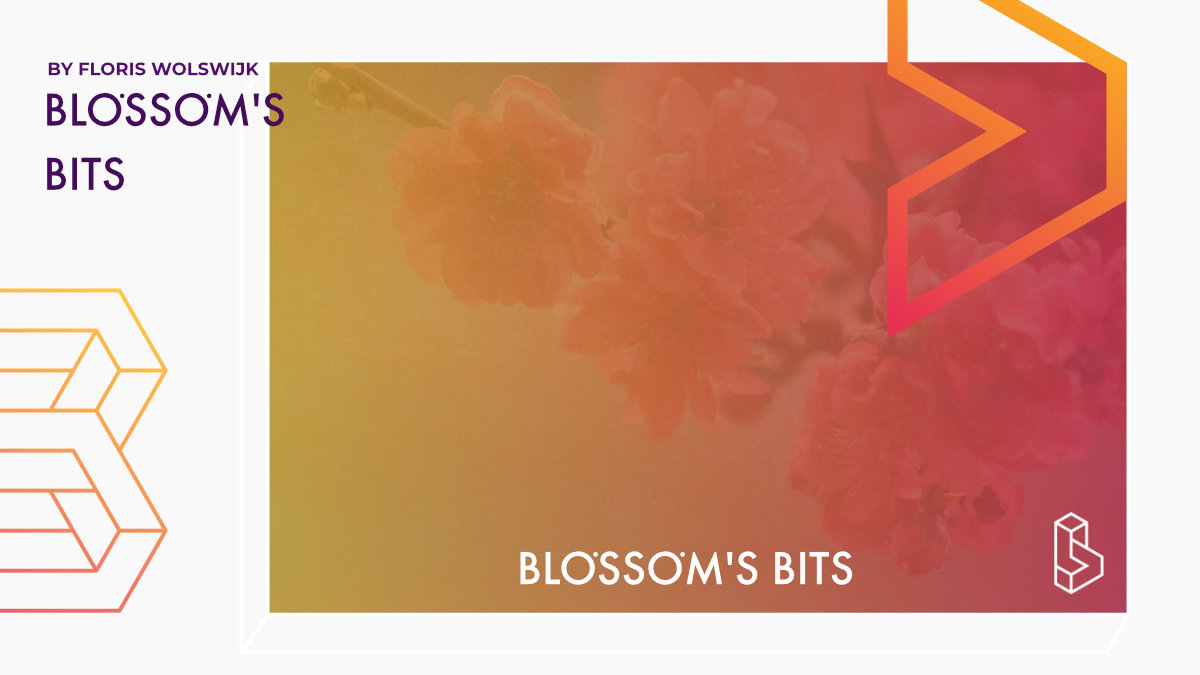Yesterday’s symposium was another great insight into how psychedelic medicine is progressing, with lots of exciting presentations & discussions.
Here are some of our highlights from the event.
Can LSD be used to treat anxiety?
Frederike Holze and Matthias Liechti presented some results from their recent trial in collaboration with MindMed. In the trial, 46 participants were randomised to LSD or placebo – each participant was treated twice with LSD/placebo.
At 16 weeks post-treatment, LSD significantly reduced anxiety symptoms (measured using the STAI-G). The intensity of the mystical experience was also correlated with therapeutic outcomes. LSD was also found to be safe and well-tolerated
While we await the complete publication to understand precisely what the researchers did throughout the trial, these initial results are promising.
The UK could soon become a hub for psychedelic research
Minister of Parliament Crispin Blut spoke about the changing regulatory landscape in the UK, emphasising that evidence-based policy is needed to advance access to & research with psychedelics.
Dr. Carol Routledge of Small Pharma how beneficial it is to have NICE on board with the research they’re doing.
Others noted how Brexit could accelerate psychedelic research in the UK – no longer bound to the rules of the EU.
The importance of therapy
“You can’t separate these drugs from the therapy,” said Dr. Roaslind Watts, a point emphasised throughout the day – psychedelics are catalysts for healing, not cures.
Ian Roullier and Rory Lamont discussed how important integration was to their healing journeys – without a strong support network; it can be hard to make sense of the experience.
David Nutt spoke on the period of heightened plasticity after an experience – where the healing happens.
MAPS Phase 3 Update
Rick Doblin gave us an update on MAPS‘ ongoing trial with MDMA for PTSD.
The interim results show they’re on track to reach statistical significance – about 60 patients have been dosed so far, and no extra participants are needed.
MAPS is planning to expand its research beyond PTSD and use MDMA for other indications like eating disorders – and – they are interested in exploring the therapeutic potential of ibogaine in the near future.
We also got an insight into some of the upcoming studies at The Beckley Foundation, courtesy of Amanda and Cosom Feilding.
Accessibility, Sustainability & Reciprocity
Of course, issues surrounding patents were discussed.
Ensuring people who need these therapies have access to them was another focal point. The role indigenous communities have played in psychedelic medicine did not go unnoticed among the speakers.
Traditional pharma approaches to psychedelics would see things remain controlled – limiting accessibility – decriminalisation efforts should not be stopped.
Working across multiple contexts – medical, legal and cultural – helps ensure equity for all.
Sustainable sources of psychedelics are needed – plants need protection. Still, they so too do the communities where they come from, and while everyone agreed, there were no real ideas on how to include reciprocity as we advance, and it is something the field must address.
We need sustainable sources of psychedelics, but the field as a whole must also be sustainable – we must address the hype and change the narrative around these substances.
The onus is on everyone to “get sober” about psychedelic medicine – the media, researchers & the public alike.
Overall, a great day that will help psychedelic medicine going forward.
Become a psychedelic insider
Get a Pro Membership to enjoy these benefits & support Blossom📈 full reports on Topics & Compounds
🧵 full summary reviews of research papers
🚀 full access to new articles
See Memberships

